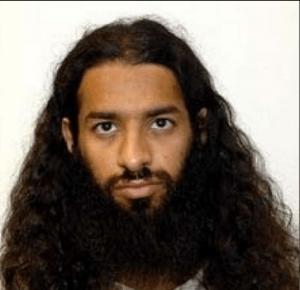Ghana security officials went to Guantanamo Bay to interview detainees – Mahama

President John Mahama says Ghanaians should not fear the former Guantanamo Bay detainees that Ghana has accepted, because they are ‘low-risk’ and would not harm the country.
The two detainees transferred to Ghana are Khalid Mohammed Salih al-Dhuby and Mohammed Omar Mohammed Bin Atef. They were both held four about 14 years.
Speaking at a press conference to mark his third year in office, President Mahama answered questions from journalists on various issues including the two detainees whose acceptance into the country has irked many Ghanaians.
He told journalists that the country did both internal and external consultantions and Ghanaian security operatives “went to Guantanamo Bay to interview the detainees,” he said.
The President indicated that, he stands to lose a lot if he jeopardises the security of the nation, and assured Ghanaians that a lot of work went into the decision to accept the two detainees when the Americans requested that Ghana does.
“Any Ghanaian is more in danger of dying from a road accident than from these Guantanamo detainees …. They just want to pick up the pieces of their lives and live normally. We don’t have anything to fear,” he said.
President Mahama also said he did it out of Christian compassion.
“The threat to our country goes beyond these two, who have been certified to be low-risk,” he said.
He also asked, “Where is my Christian compassion? I am the first president of this country to visit the prisons and I saw myself the conditions and I said we must build a new remand prison to de-congest our prisons.”
The president noted that following his visit a court has been set up inside the prisons to hear the cases of remand prisoners and to free those who shouldn’t be there, especially, if the state is showing no interest in prosecuting them.
He pointed out that the biggest risk to Ghana’s security is the radicalization of the country’s youth, which he says the security agencies are keeping their eyes on.
By Emmanuel K. Dogbevi
